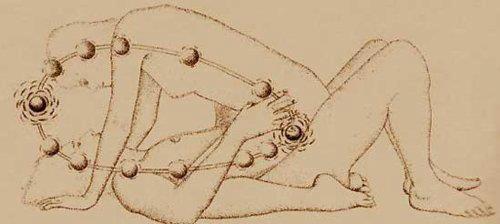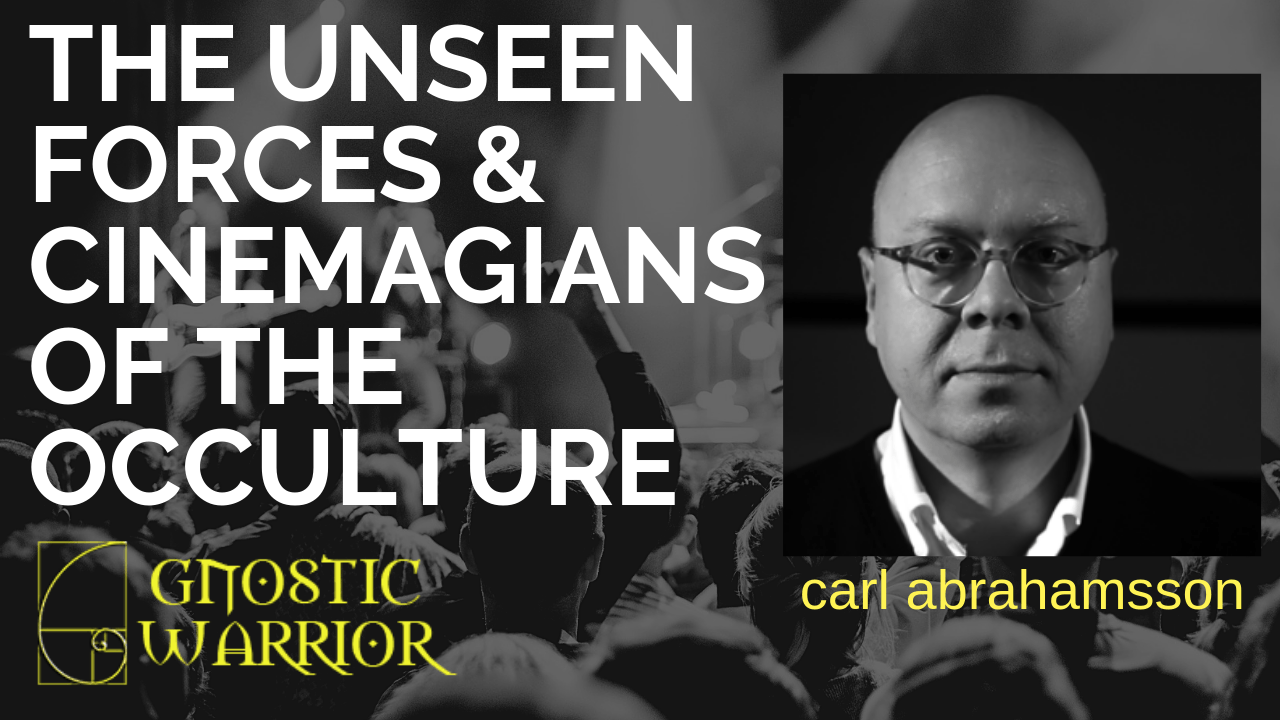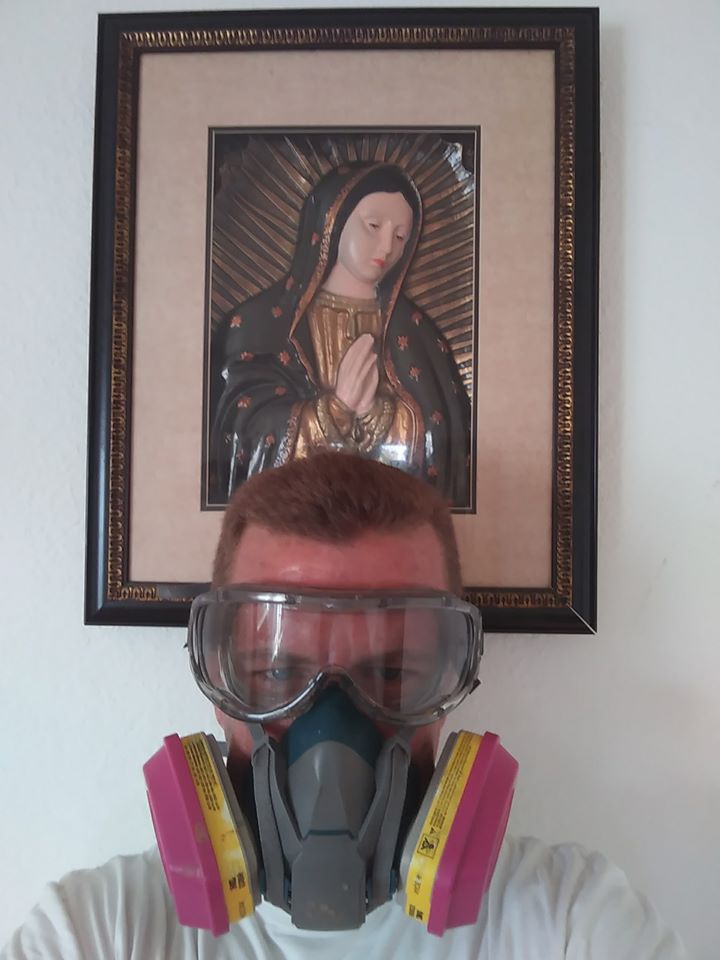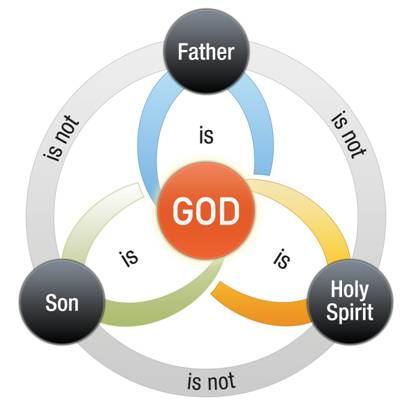That before Democritus the ancients were familiar with the idea of the indestructibility of matter is proved by their allegories and numerous other facts. Movers gives a definition of the Phoenician idea of the ideal sun-light as a spiritual influence issuing from the highest God, IAO, “the light conceivable only by intellect — the physical and spiritual Principle of all things; out of which the soul emanates.” It was the male Essence, or Wisdom, while the primitive matter or Chaos was the female. Thus the two first principles — co-eternal and infinite, were already with the primitive Phoenicians, spirit and matter.
Therefore the theory is as old as the world; for Democritus was not the first philosopher who taught it; and intuition existed in man before the ultimate development of his reason. But it is in the denial of the boundless and endless Entity, possessor of that invisible Will which we for lack of a better term call GOD, that lies the powerlessness of every materialistic science to explain the occult phenomena. It is in the rejection a priori of everything which might force them to cross the boundary of exact science and step into the domain of psychological, or, if we prefer, metaphysical physiology, that we find the secret cause of their discomfiture by the manifestations, and their absurd theories to account for them. The ancient philosophy affirmed that it is in consequence of the manifestation of that Will — termed by Plato the Divine Idea — that everything visible and invisible.
Page 62
sprung into existence. As that Intelligent Idea, which, by directing its sole will-power toward a centre of localized forces called objective forms into being, so can man, the microcosm of the great Macrocosm, do the same in proportion with the development of his will-power. The imaginary atoms — a figure of speech employed by Democritus, and gratefully seized upon by the materialists — are like automaticworkmen moved inwardIy by the influx of that Universal Will directed upon them, and which, manifesting itself as force, sets them into activity. The plan of the structure to be erected is in the brain of the Architect, and reflects his will; abstract as yet, from the instant of the conception it becomes concrete through these atoms which follow faithfully every line, point and figure traced in the imagination of the Divine Geometer.
As God creates, so man can create. Given a certain intensity of will, and the shapes created by the mind become subjective. Hallucinations, they are called, although to their creator they are real as any visible object is to any one else. Given a more intense and intelligent concentration of this will, and the form becomes concrete, visible, objective; the man has learned the secret of secrets; he is a MAGICIAN.
The materialist should not object to this logic, for he regards thought as matter. Conceding it to be so, the cunning mechanism contrived by the inventor; the fairy scenes born in the poet’s brain; the gorgeous painting limned by the artist’s fancy; the peerless statue chiselled in ether by the sculptor; the palaces and castles built in air by the architect — all these, though invisible and subjective, must exist, for they are matter, shaped and moulded. Who shall say, then, that there are not some men of such imperial will as to be able to drag these air-drawn fancies into view, enveloped in the hard casing of gross substance to make them tangible?
If the French scientists reaped no laurels in the new field of investigation, what more was done in England, until the day when Mr. Crookes offered himself in atonement for the sins of the learned body? Why, Mr. Faraday, some twenty years ago, actually condescended to be spoken to once or twice upon the subject.
Faraday, whose name is pronounced by the anti-spiritualists in every discussion upon the phenomena, as a sort of scientific charm against the evil-eye of Spiritualism, Faraday, who “blushed” for having published his researches upon such a degrading belief, is now proved on good authority to have never sat at a tipping table himself at all! We have but to open a few stray numbers of the Journal des Debats, published while a noted Scotch medium was in England, to recall the past events in all their primitive freshness. In one of these numbers, Dr. Foucault, of Paris, comes out as a champion for the eminent English experimenter. “Pray, do not imagine,” says he,

Moe is the founder of GnosticWarrior.com. He is a father, husband, author, martial arts black belt, and an expert in Gnosticism, the occult, and esotericism.






